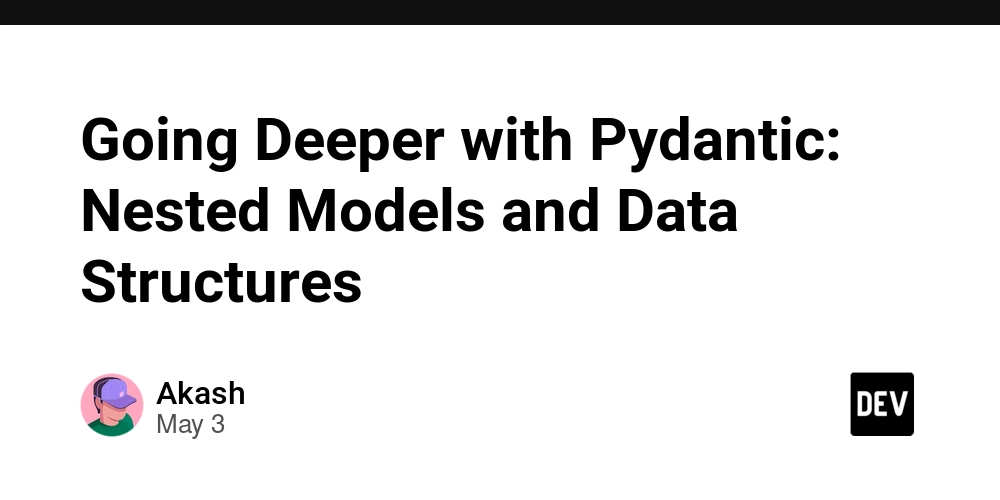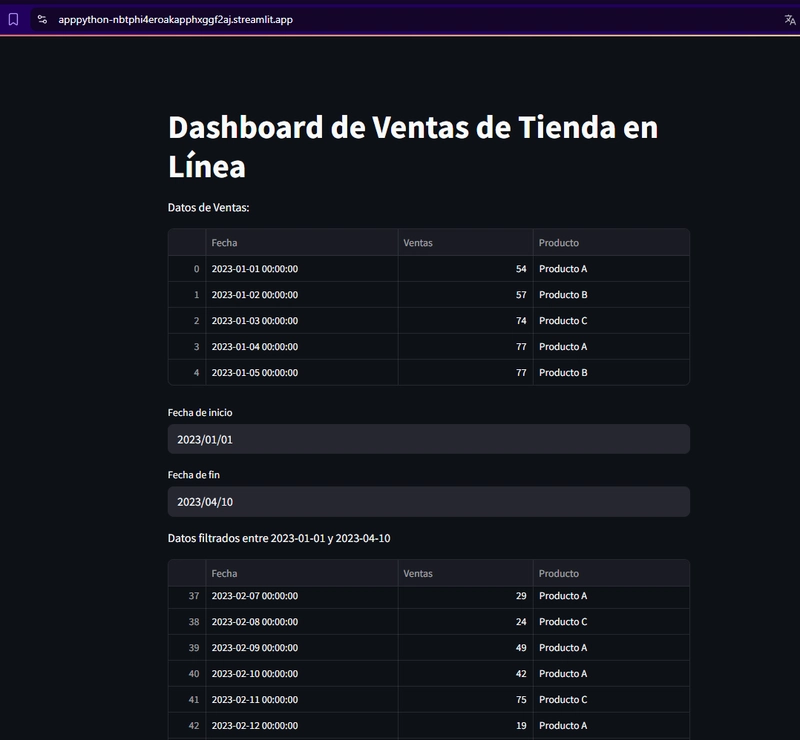Bolstering Open Source: The Transformative Power of GitHub Sponsors Matching Fund
Abstract This post explores the evolution and impact of the GitHub Sponsors Matching Fund—a groundbreaking initiative designed to support open source projects. We delve into its background, core features, applications, challenges, and potential future innovations. We also examine how corporate involvement, emerging funding models, and blockchain integration are reshaping the open source financial landscape. With technical clarity and accessible language, we highlight the importance of sustainable funding mechanisms for ensuring the long-term viability of open source innovations. Introduction Open source software is the backbone of modern technology. However, despite its far-reaching impact, sustainability challenges and funding gaps persist. Launched in May 2019, GitHub Sponsors revolutionized the way financial support reaches developers by enabling flexible, recurring contributions. A flagship aspect of this initiative is its Matching Fund, which doubles individual contributions to accelerate project momentum. This post examines the transformative power of this funding mechanism, its integration with other open source funding models like Patreon, and its role in creating a robust and vibrant open source ecosystem. Background and Context The Genesis of GitHub Sponsors The concept of GitHub Sponsors emerged at a time when open source developers often relied on sporadic and uncertain funding streams—from grants, donations, or corporate sponsorships. GitHub’s solution was to enable a recurring, user-driven financial support model. Along with direct contributions, the Matching Fund provides a dollar-for-dollar boost. For instance, a donation of $100 can be amplified to $200, ensuring that deserving, underfunded projects receive enhanced financial backing. This mechanism works by targeting emerging projects and providing both increased funds and added visibility. To learn more about the detailed workings and benefits of this initiative, read the original article. Open Source Funding Ecosystem The open source funding landscape has always been a blend of community generosity and corporate interest. Recent trends—such as blockchain-based funding initiatives—have further catalyzed this ecosystem. Resources like Open Source Funding Opportunities and Open Source Funding Success Stories provide inspiring examples of how consistent financial support leads to technological breakthroughs. Other nonprofits, communities, and even government-backed projects now explore innovative funding models to secure open source’s long-term future, emphasizing fair compensation and sustainable growth. Core Concepts and Features Matching Fund Fundamentals At the heart of GitHub Sponsors' initiative is the Matching Fund concept. This mechanism works by: Doubling Contributions: Every dollar donated is effectively increased, transforming the funding landscape. Encouraging Wide Participation: This doubling effect attracts more sponsors, as their contributions yield a greater impact. Boosting Visibility: Projects receiving matching funds often experience increased awareness among the developer community. Providing Sustainability: Consistent financial support helps developers focus on innovation without burnout. Below is a table summarizing key aspects of the Matching Fund: Feature Description Contribution Boost Dollar-for-dollar matching of donations to enhance project funds. Increased Visibility Projects receiving funds are highlighted, attracting additional sponsors and community attention. Sustainability Ensures recurring support, preventing developer burnout and funding bottlenecks. Corporate Participation Engages businesses to view open source funding as a strategic investment rather than charity. Integration with Blockchain and New Funding Models The future of funding innovation might see more integration with blockchain technologies. Initiatives like The Future of Open Source with Blockchain Integration are exploring the convergence of decentralized finance (DeFi) with traditional funding methods. The merger of blockchain’s transparency with open source’s collaborative spirit could further evolve funding incentives and accountability structures. Additionally, community-driven funding platforms have increasingly adopted methods such as crowdfunding and DAO governance as outlined in Dev.to posts like Navigating the Financial Landscape of Open Source Projects. Key Benefits for Developers and Businesses The Matching Fund and related initiatives drive several key benefits: For Developers: Simplified access to recurring funding. Ability to focus on project development rather than continuous fundraising. Enhanced reputation and recognition within the community. For Corporates: Opportunity to invest in critical infrastructure and technology. Alignment with corporate social responsibility and innova
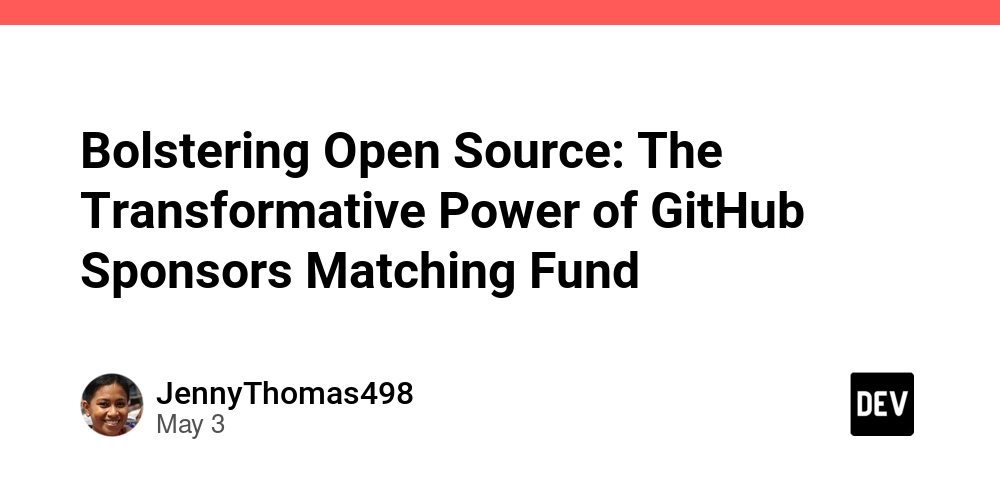
Abstract
This post explores the evolution and impact of the GitHub Sponsors Matching Fund—a groundbreaking initiative designed to support open source projects. We delve into its background, core features, applications, challenges, and potential future innovations. We also examine how corporate involvement, emerging funding models, and blockchain integration are reshaping the open source financial landscape. With technical clarity and accessible language, we highlight the importance of sustainable funding mechanisms for ensuring the long-term viability of open source innovations.
Introduction
Open source software is the backbone of modern technology. However, despite its far-reaching impact, sustainability challenges and funding gaps persist. Launched in May 2019, GitHub Sponsors revolutionized the way financial support reaches developers by enabling flexible, recurring contributions. A flagship aspect of this initiative is its Matching Fund, which doubles individual contributions to accelerate project momentum. This post examines the transformative power of this funding mechanism, its integration with other open source funding models like Patreon, and its role in creating a robust and vibrant open source ecosystem.
Background and Context
The Genesis of GitHub Sponsors
The concept of GitHub Sponsors emerged at a time when open source developers often relied on sporadic and uncertain funding streams—from grants, donations, or corporate sponsorships. GitHub’s solution was to enable a recurring, user-driven financial support model. Along with direct contributions, the Matching Fund provides a dollar-for-dollar boost. For instance, a donation of $100 can be amplified to $200, ensuring that deserving, underfunded projects receive enhanced financial backing.
This mechanism works by targeting emerging projects and providing both increased funds and added visibility. To learn more about the detailed workings and benefits of this initiative, read the original article.
Open Source Funding Ecosystem
The open source funding landscape has always been a blend of community generosity and corporate interest. Recent trends—such as blockchain-based funding initiatives—have further catalyzed this ecosystem. Resources like Open Source Funding Opportunities and Open Source Funding Success Stories provide inspiring examples of how consistent financial support leads to technological breakthroughs.
Other nonprofits, communities, and even government-backed projects now explore innovative funding models to secure open source’s long-term future, emphasizing fair compensation and sustainable growth.
Core Concepts and Features
Matching Fund Fundamentals
At the heart of GitHub Sponsors' initiative is the Matching Fund concept. This mechanism works by:
- Doubling Contributions: Every dollar donated is effectively increased, transforming the funding landscape.
- Encouraging Wide Participation: This doubling effect attracts more sponsors, as their contributions yield a greater impact.
- Boosting Visibility: Projects receiving matching funds often experience increased awareness among the developer community.
- Providing Sustainability: Consistent financial support helps developers focus on innovation without burnout.
Below is a table summarizing key aspects of the Matching Fund:
| Feature | Description |
|---|---|
| Contribution Boost | Dollar-for-dollar matching of donations to enhance project funds. |
| Increased Visibility | Projects receiving funds are highlighted, attracting additional sponsors and community attention. |
| Sustainability | Ensures recurring support, preventing developer burnout and funding bottlenecks. |
| Corporate Participation | Engages businesses to view open source funding as a strategic investment rather than charity. |
Integration with Blockchain and New Funding Models
The future of funding innovation might see more integration with blockchain technologies. Initiatives like The Future of Open Source with Blockchain Integration are exploring the convergence of decentralized finance (DeFi) with traditional funding methods. The merger of blockchain’s transparency with open source’s collaborative spirit could further evolve funding incentives and accountability structures.
Additionally, community-driven funding platforms have increasingly adopted methods such as crowdfunding and DAO governance as outlined in Dev.to posts like Navigating the Financial Landscape of Open Source Projects.
Key Benefits for Developers and Businesses
The Matching Fund and related initiatives drive several key benefits:
-
For Developers:
- Simplified access to recurring funding.
- Ability to focus on project development rather than continuous fundraising.
- Enhanced reputation and recognition within the community.
-
For Corporates:
- Opportunity to invest in critical infrastructure and technology.
- Alignment with corporate social responsibility and innovation strategies.
- Setting industry standards that promote fair funding practices.
Applications and Use Cases
Real-World Impact on Open Source Projects
Several projects have directly benefited from the matching funds. For example, a modest analytics framework critical to data science saw a doubling of its donation stream, helping it streamline bug fixes and extend functionality. In another instance, a climate research project under financial strain was revitalized by matching funds. This enabled the project to grow, attract attention from environmental groups, and expand its reach significantly.
Broader Ecosystem Impact
Other practical use cases include:
- Sustainable Infrastructure: Projects forming the backbone of deployment tools and network services have received steady funding paths, ensuring patch updates, security measures, and continued innovation.
- Corporate Integration: Businesses that rely on secure and robust open source software are beginning to recognize the value of such funding, prompting partnerships and strategic investments. For example, initiatives detailed in Corporate Sponsorship Models show that corporations are increasingly viewing open source investments as integral to their growth strategies.
- Broadened Developer Outreach: By emphasizing a culture of appreciation and financial reward for code contributions, the initiative fosters diversity, innovation, and a sense of ownership among developers.
A bullet list of key projects and sectors benefiting from GitHub Sponsors Matching Fund:
- Security and DevOps tools
- Data science libraries and analytics frameworks
- Environmental and climate research platforms
- Blockchain and DeFi project backbones
- Community-driven software ecosystems
Collaborative Funding Models
The Matching Fund is not isolated; it works alongside numerous funding methods including:
- Crowdfunding and DAO Initiatives
- Grants from Technology Foundations
- Patreon-style Recurring Donations
The combined effect of these methods enriches the overall ecosystem. Dev.to articles such as Financial Backing for Open Source Projects: Sustaining Innovation provide insights into how diverse revenue streams can collectively empower the industry.
Challenges and Limitations
Despite the significant strides made by GitHub Sponsors Matching Fund, several challenges remain:
Scalability and Fair Distribution
- High Demand: As the number of contributions grows, ensuring fair and equitable distribution of matching funds becomes complex.
- Resource Management: Projects that rapidly gain attention may find themselves overwhelmed by both increased sponsorship and higher expectations, risking developer burnout.
- Criteria Enforcement: Continuous refinement of eligibility criteria is needed to avoid biases and ensure that the most promising yet underfunded projects receive the necessary support.
Integration and Sustainability Issues
- Dependency on Corporate Funding: While corporate participation can drive significant investments, over-reliance on such sources may risk compromising the open nature of community projects.
- Financial Burden: The sustainability of matching funds requires a reliable reservoir of resources, which can be vulnerable to economic fluctuations.
- Blockchain Integration Challenges: For those projects exploring blockchain-based funding, issues such as gas fees, regulatory compliance, and interoperability still need to be addressed before widespread adoption is possible. Articles like Navigating the Landscape of Fair Code Licenses highlight some of these regulatory and technical challenges.
Technical and Adoption Barriers
- Learning Curve: New and underfunded developers may struggle with the technical aspects of setting up recurring contributions or managing blockchain-integrated funding systems.
- Visibility vs. Funding: While increased project visibility is beneficial, it also raises the pressure to deliver rapid improvements, sometimes at the cost of long-term innovation.
- Standardization: The multitude of open source licenses and funding models (see also What Is GitHub Sponsors?) can create confusion among sponsors and maintainers regarding the best practices for project sustainability.
Future Outlook and Innovations
Evolving Funding Mechanisms
Looking ahead, the synergy between traditional and decentralized funding methods appears promising. Some potential trends include:
- Blockchain-Powered Funding Solutions: With projects like The Future of Open Source with Blockchain Integration, blockchain technology might streamline transparency in funding allocations and eliminate intermediaries. This could lead to more trust and efficiency in sponsorship models.
- DAO Governance and Crowdfunding: As communities implement Decentralized Autonomous Organizations (DAOs), the decision-making process regarding funding allocation could become more democratic and resilient. This allows community-driven decisions on which projects are most worthy of matching funds.
- Enhanced Corporate Partnerships: Corporations may further embrace the idea of sponsoring open source through matching funds as a strategic investment, rather than as philanthropic charity. Independent analyses, such as those found in Corporate Sponsorship Benefits, support this vision by demonstrating the long-term benefits of supporting open source innovation.
- Artificial Intelligence in Funding Strategies: Automated models and AI-driven analytics are emerging to predict project success and efficiently direct matching funds. Advanced platforms may soon leverage AI to identify undervalued projects and recommend optimal funding strategies. Articles like Unlocking the Power of AI Training Data Monetization highlight how AI can play a pivotal role in modern funding ecosystems.
Collaborative Development and Global Impact
Greater collaboration between developers, sponsors, and corporations continues to enhance the open source ecosystem. Future advancements include:
- Multi-Chain Funding Innovations: Integration of various blockchain networks (e.g., Ethereum, Arbitrum, and others) could facilitate cross-chain interoperability, ensuring that contributions are efficiently processed and transparently recorded.
- Expanding Global Reach: Increased awareness will likely encourage more international sponsorships, fostering a truly global development community. This includes providing funding in underrepresented regions where open source could drive substantial technological growth.
- Standardization of Best Practices: As more projects succeed using these innovative funding models, standardized guidelines on sustainable open source funding may emerge. These guidelines could provide a blueprint for developers striving for both innovation and longevity.
Summary
The GitHub Sponsors Matching Fund is a transformative initiative making tangible progress toward sustainable open source funding. Its unique mechanism—doubling contributions—has not only bolstered financial support but also enhanced project visibility and community engagement. By addressing challenges related to scalability, resource distribution, and integration with newer technologies like blockchain, this initiative stands as a beacon for the future of open source sustainability.
Key points include:
- The Matching Fund elevates every contribution by providing a dollar-for-dollar match, creating a multiplier effect.
- Open source funding is transitioning toward hybrid models incorporating traditional donations, corporate sponsorships, and decentralized financing.
- Challenges such as scalability, integration, and fair distribution need continuous refinement.
- The future holds promise with blockchain integration, DAO governance, enhanced corporate partnerships, and AI-driven funding strategies.
For those interested in exploring further, additional insights can be found in related texts like Navigating the Financial Landscape of Open Source Projects and Financial Backing for Open Source Projects.
In conclusion, GitHub Sponsors Matching Fund exemplifies a promising step forward in the open source movement. It underscores the importance of a sustainable ecosystem where developers receive both recognition and the necessary financial support to innovate. As more organizations—corporate and community alike—embrace these funding models, the future of open source is not only bright but secured by a collaborative, transparent, and sustainable funding framework.
By focusing on clear, accessible communication and leveraging innovative funding solutions, we are collectively paving the way for a vibrant future in open source development—one that benefits developers, businesses, and the entire global community.
Embracing sustainable models like GitHub Sponsors Matching Fund is not just about funding—it’s about building and preserving a collaborative digital future for all.





















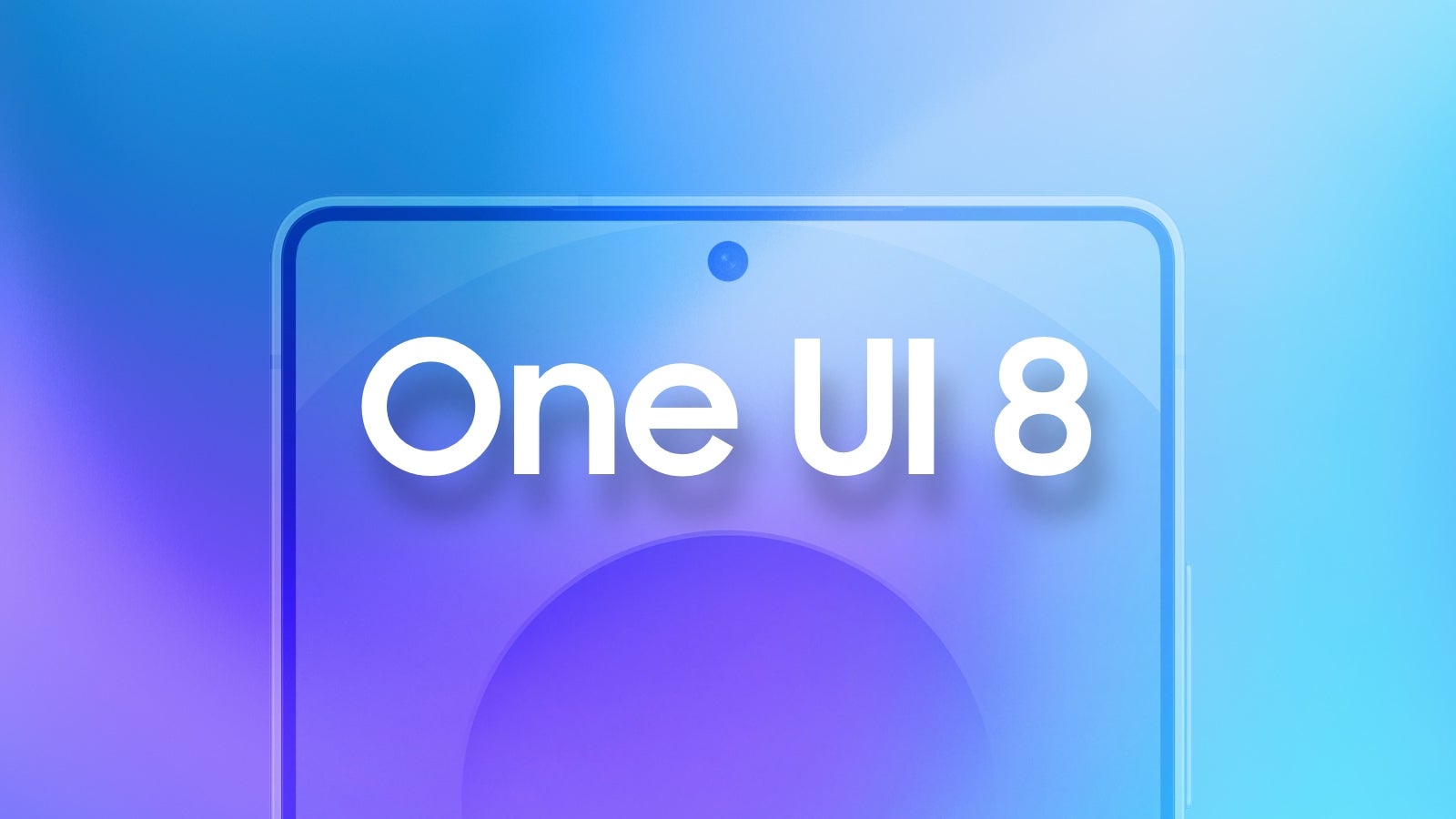






























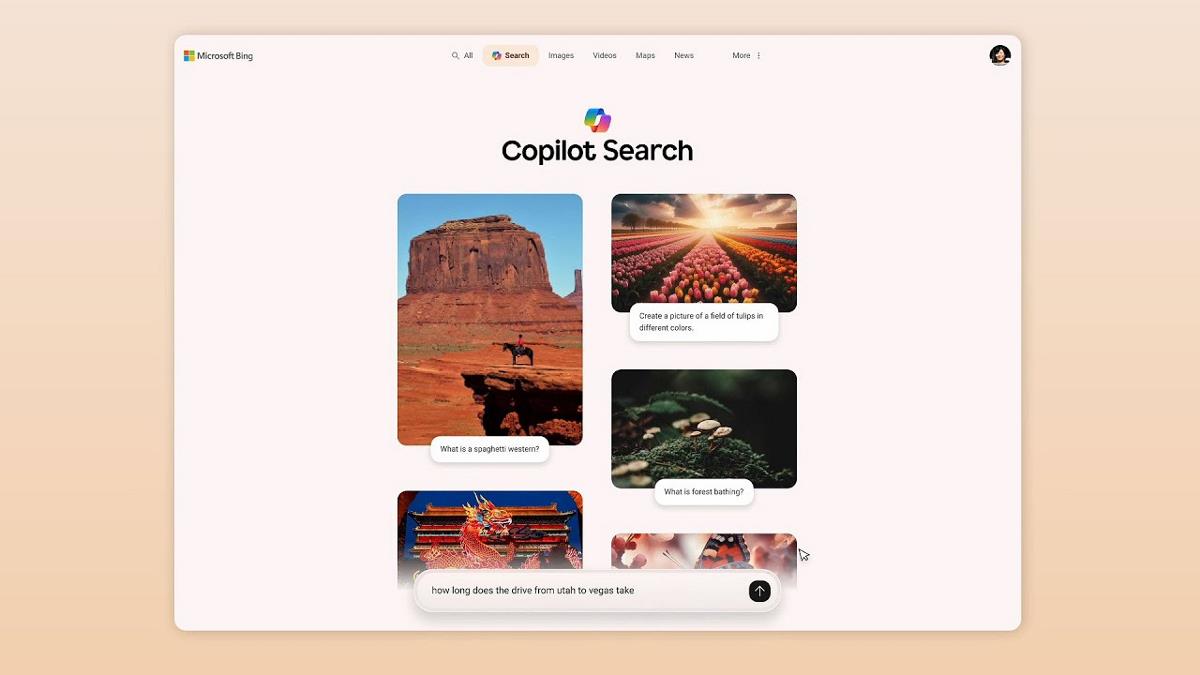






















![Apple Developing Battery Case for iPhone 17 Air Amid Battery Life Concerns [Report]](https://www.iclarified.com/images/news/97208/97208/97208-640.jpg)
![Apple to Split iPhone Launches Across Fall and Spring in Major Shakeup [Report]](https://www.iclarified.com/images/news/97211/97211/97211-640.jpg)
![Apple to Move Camera to Top Left, Hide Face ID Under Display in iPhone 18 Pro Redesign [Report]](https://www.iclarified.com/images/news/97212/97212/97212-640.jpg)
![AirPods 4 On Sale for $99 [Lowest Price Ever]](https://www.iclarified.com/images/news/97206/97206/97206-640.jpg)






















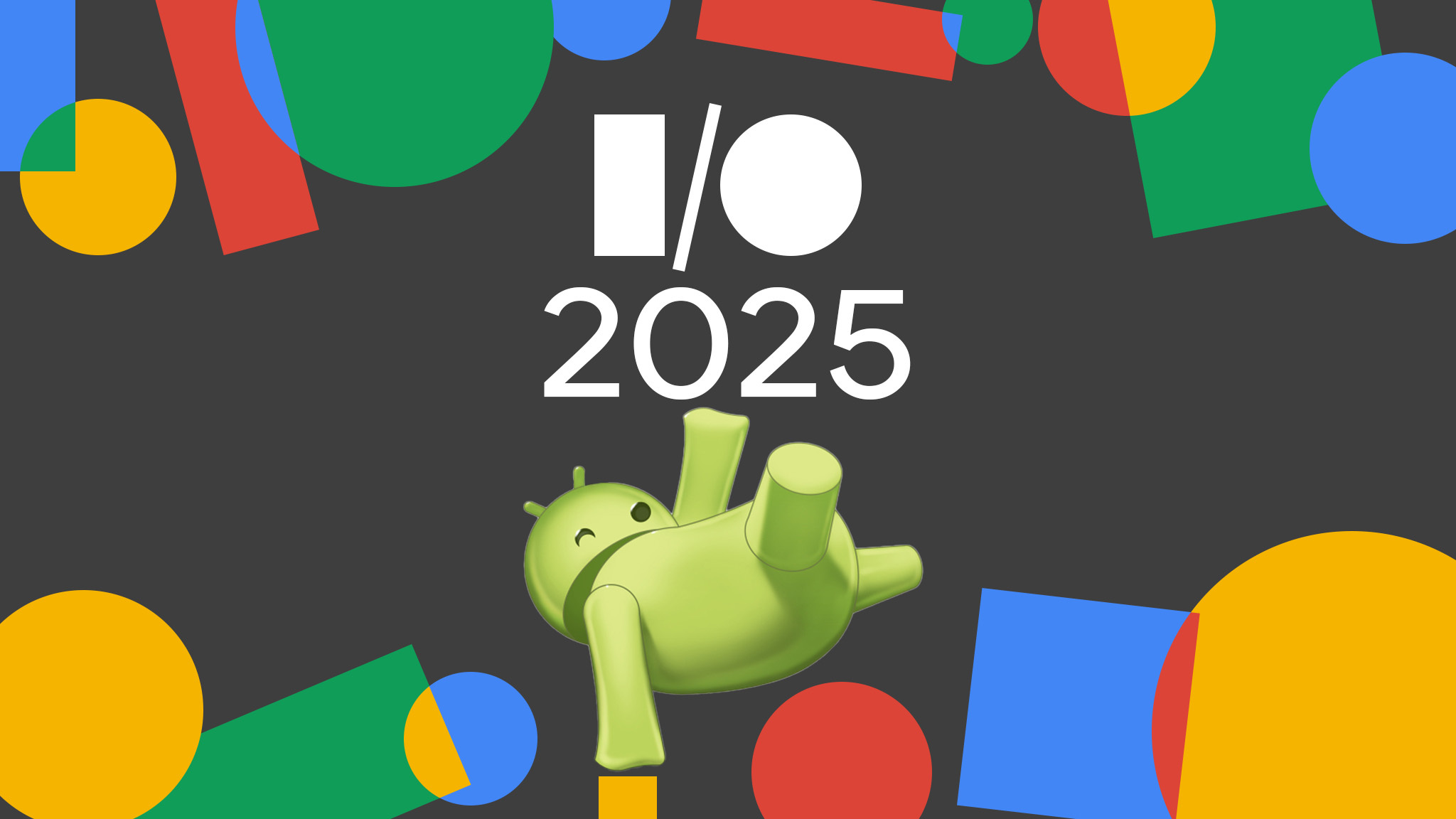





























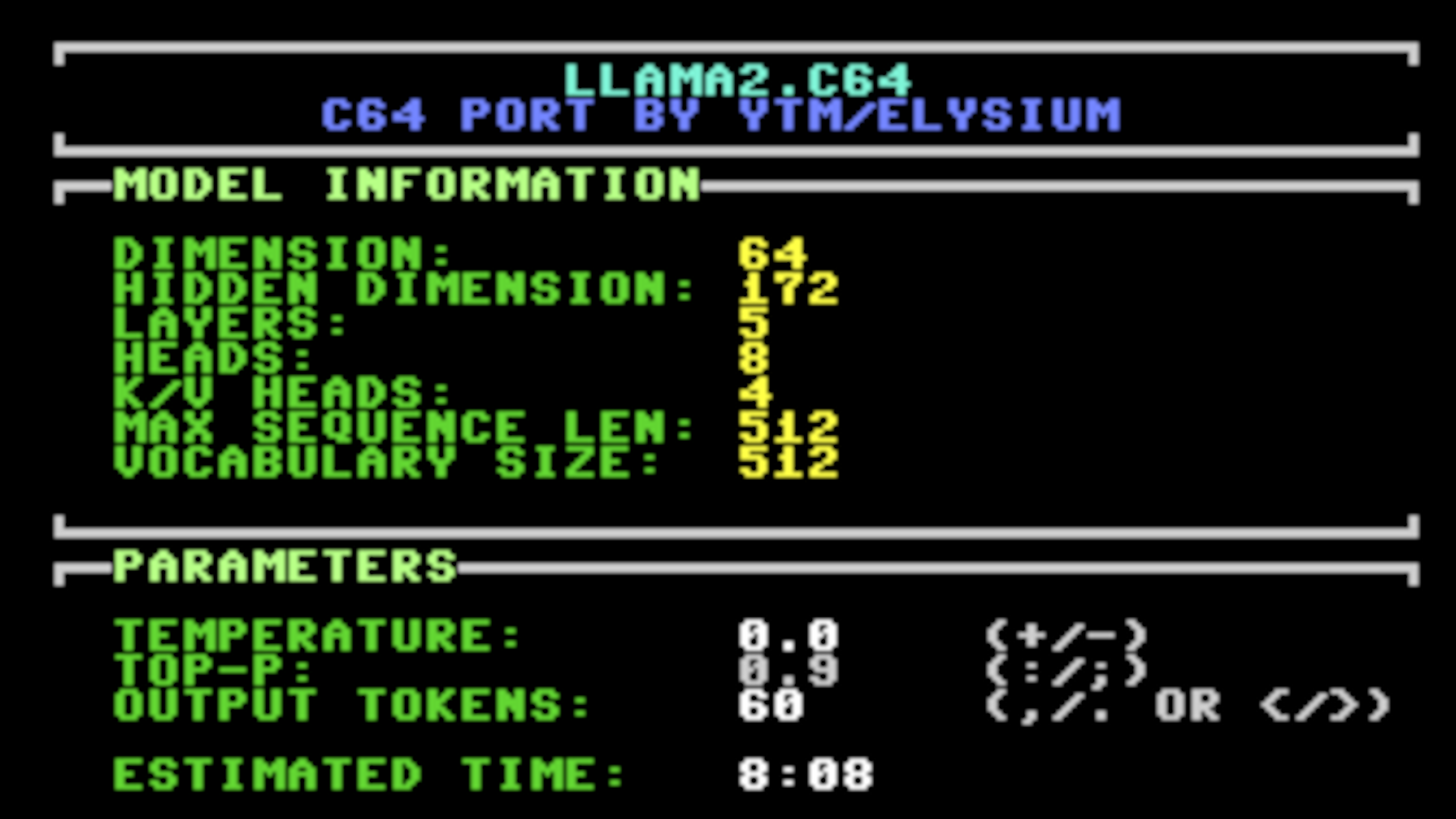


























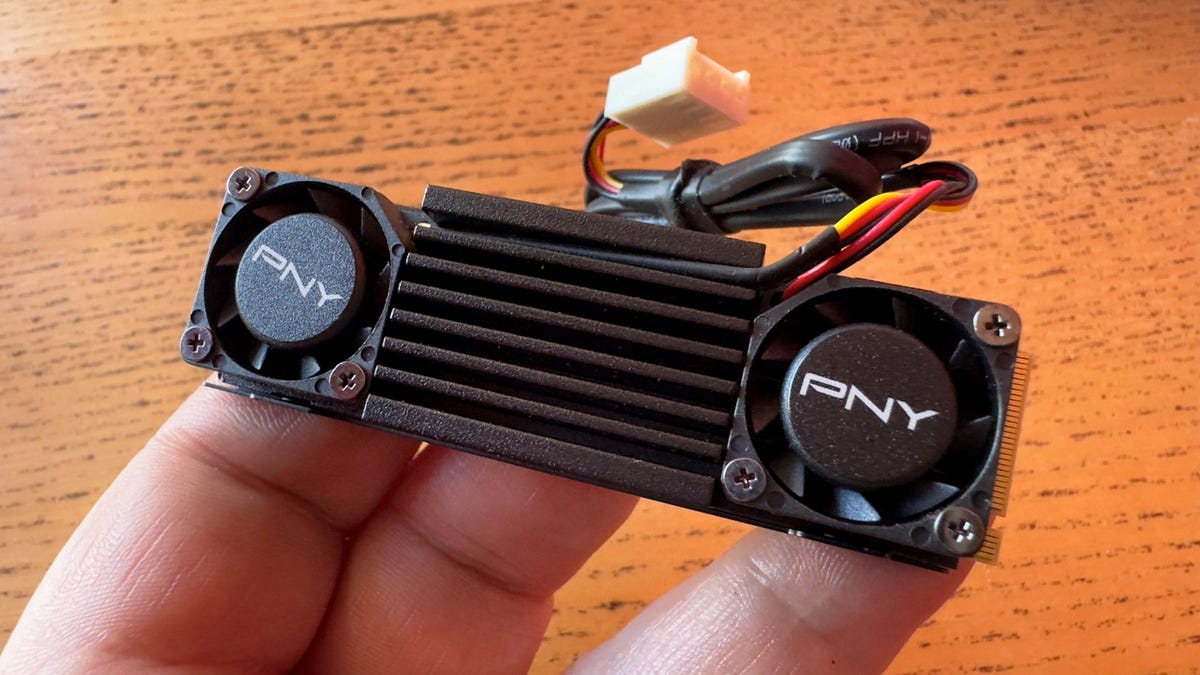



























_Inge_Johnsson-Alamy.jpg?width=1280&auto=webp&quality=80&disable=upscale#)


























































































































![[The AI Show Episode 145]: OpenAI Releases o3 and o4-mini, AI Is Causing “Quiet Layoffs,” Executive Order on Youth AI Education & GPT-4o’s Controversial Update](https://www.marketingaiinstitute.com/hubfs/ep%20145%20cover.png)
















































































































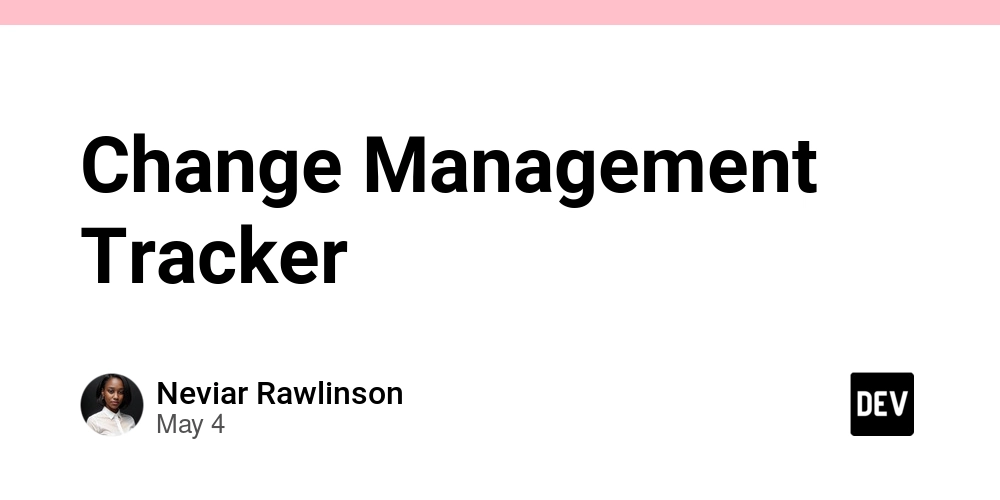
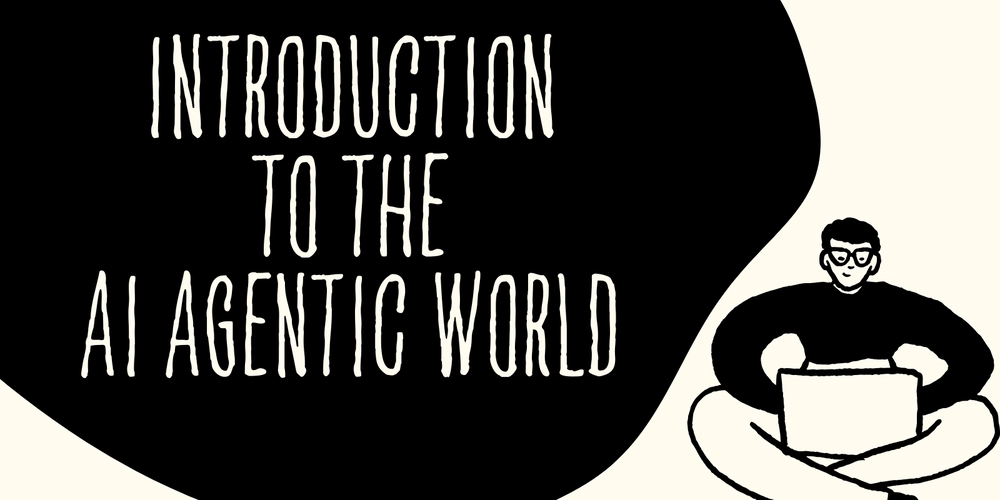

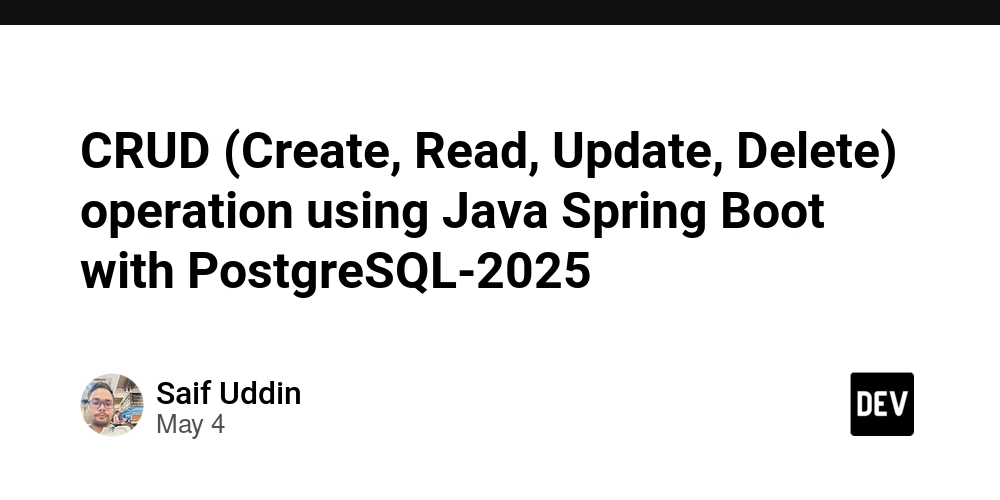






























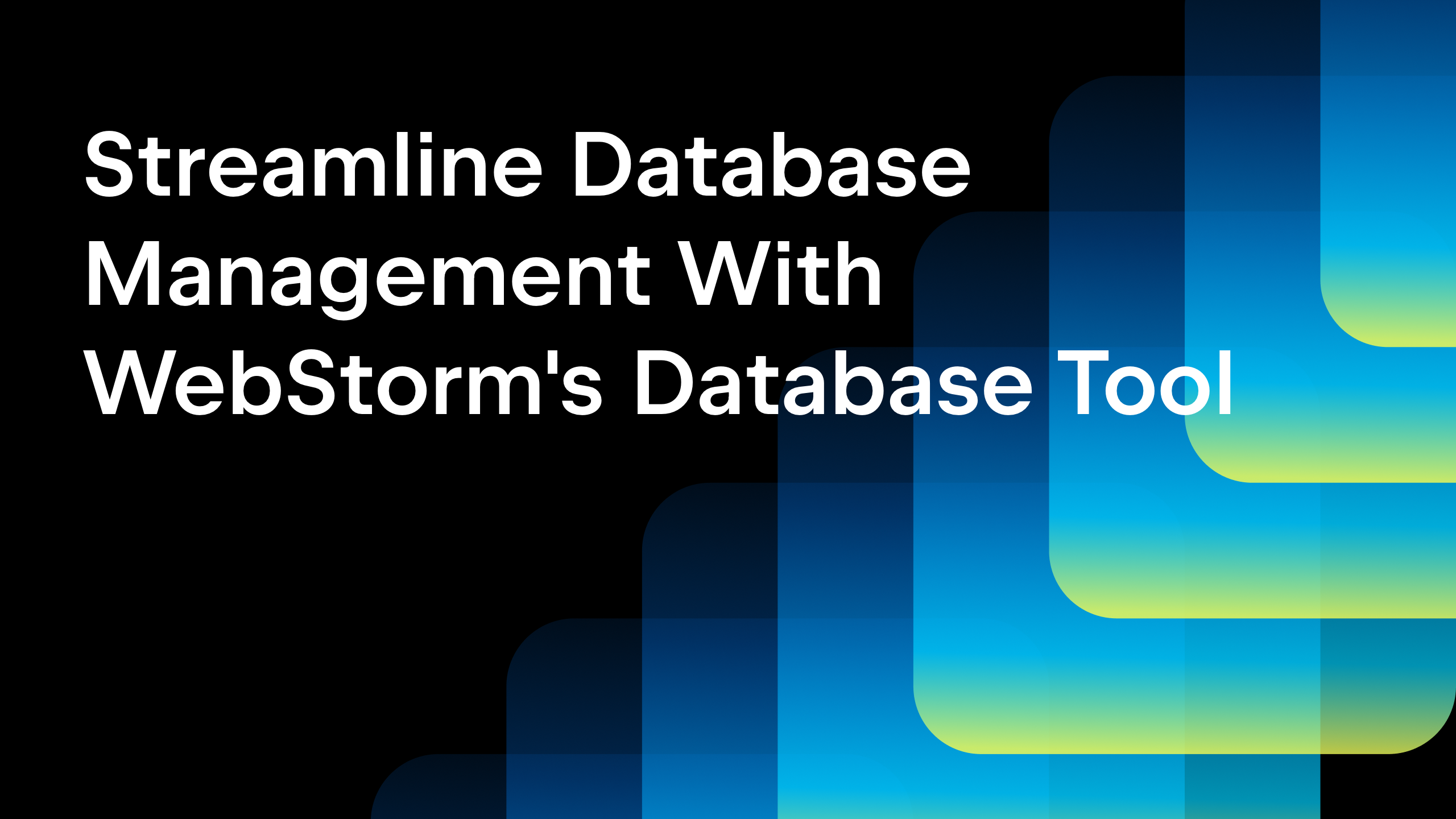












![From Art School Drop-out to Microsoft Engineer with Shashi Lo [Podcast #170]](https://cdn.hashnode.com/res/hashnode/image/upload/v1746203291209/439bf16b-c820-4fe8-b69e-94d80533b2df.png?#)

![[FREE EBOOKS] Learn Computer Forensics — 2nd edition, AI and Business Rule Engines for Excel Power Users & Four More Best Selling Titles](https://www.javacodegeeks.com/wp-content/uploads/2012/12/jcg-logo.jpg)
































































































